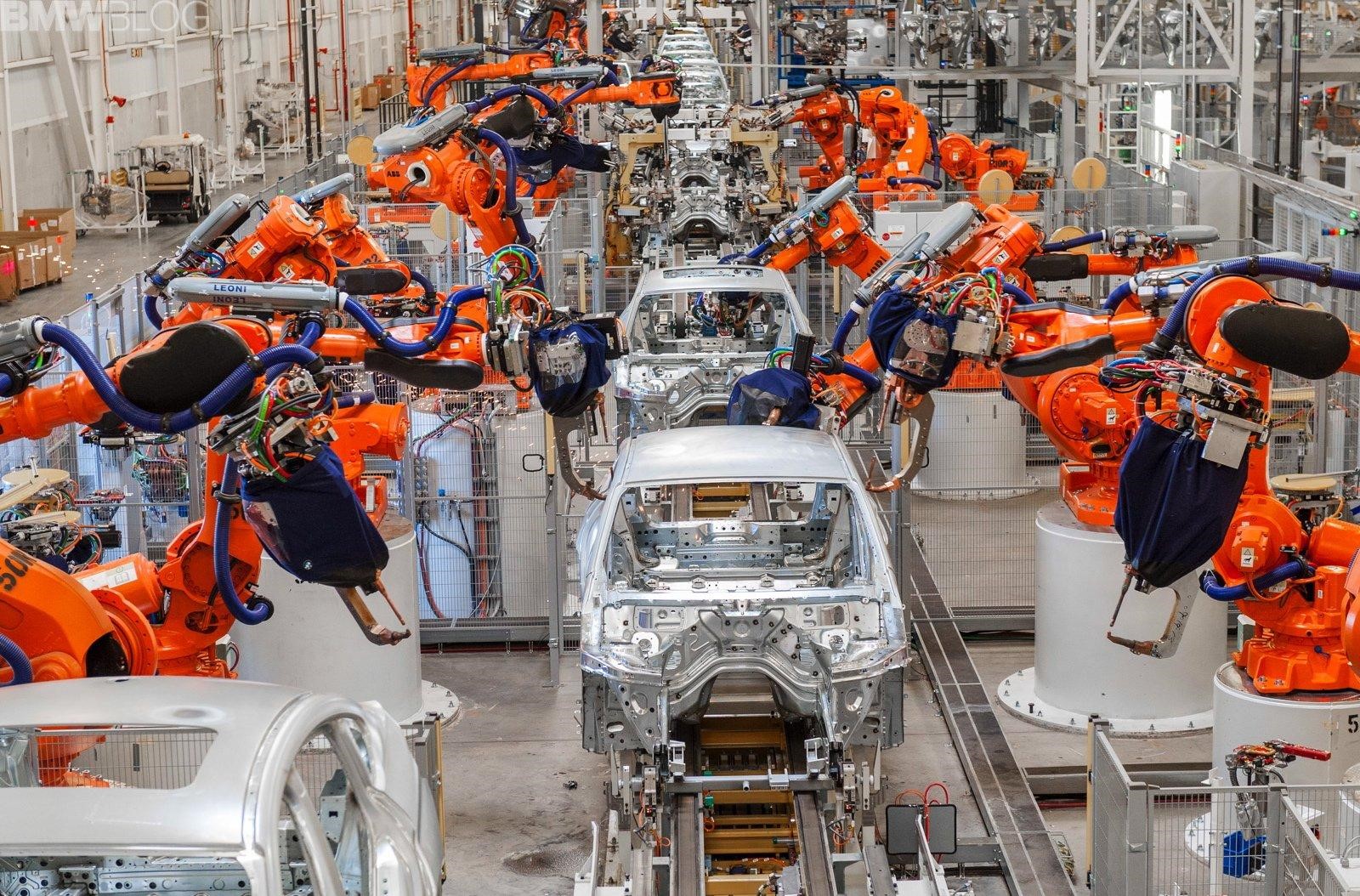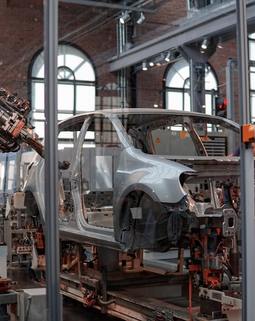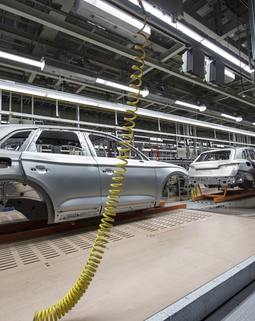In the year 2021 December, Africa’s car manufacturing industry will have support from the (IATF 2021), so Africa’s car industry can develop. Many multinational car manufacturers are setting up plants in Ethiopia, Ghana, Kenya, South Africa, and other countries. Hence, car manufacturers can set up in sub-Saharan Africa(SSA).
As in developed countries, cars demand is decreasing, and in emerging economies, demand is increasing, SSA included. So there is a chance for the sector to develop enough to meet the domestic demand.
Market remains strong
Car manufacturers have other companies to produce globally that ensure components to manufacture at plants worldwide. So even though Africa’s car market has imported used vehicles, it is still considered the frontier market.
The two main issues affecting African markets. Not enough finance to invest in facilities due to the truancy of consumer credit data. The other issue is the growth of many unorganized small economies.
After the signing of the African Continental free trade area, this will form a single large community.
OEMs are aiming at Africa as their main market so they can make pollution-free cars. They have to return the research they made on combustion engines.
Launching of electronic cars
Electronic cars are being made in Africa. As in Botswana, Baylee Enterprises(Pty) Ltd makes electric cars at Mogoditshane from kit parts. As due to covid 19 less public transport usage has decreased the production of public transport busses.
The subsidiary of Toyota, Toyota Tsusho, has invested more than 5 million dollars in a Tema plant which will have a production capacity of 1,300. The first Japanese car manufacturer to establish in Ghana. Toyota motors gave all business and operations to Toyota Tsusho in January 2019. There are 5 production plants in Africa, including Kenya, Egypt, Rwanda, and Nigeria.
The first electric car locally made in Nigeria, Hyundai Kona was revealed by the Federal government of Nigeria through the National automotive design and development council. As a result, Nigeria and Nigerians will get benefit from renewable and sustainable energy and an eco-friendly environment.
The Hyundai Kona was made in Ojo, Lagos State, unveiled in November 2020. The car was built mostly using local materials. So the usage of electric cars could lead to climate change in Nigeria.
Nigeria joins the innovative world by making the first electric car in Nigeria. This way, the engines will be electronic, so there is less pollution, and this will make the environment eco-friendly.





